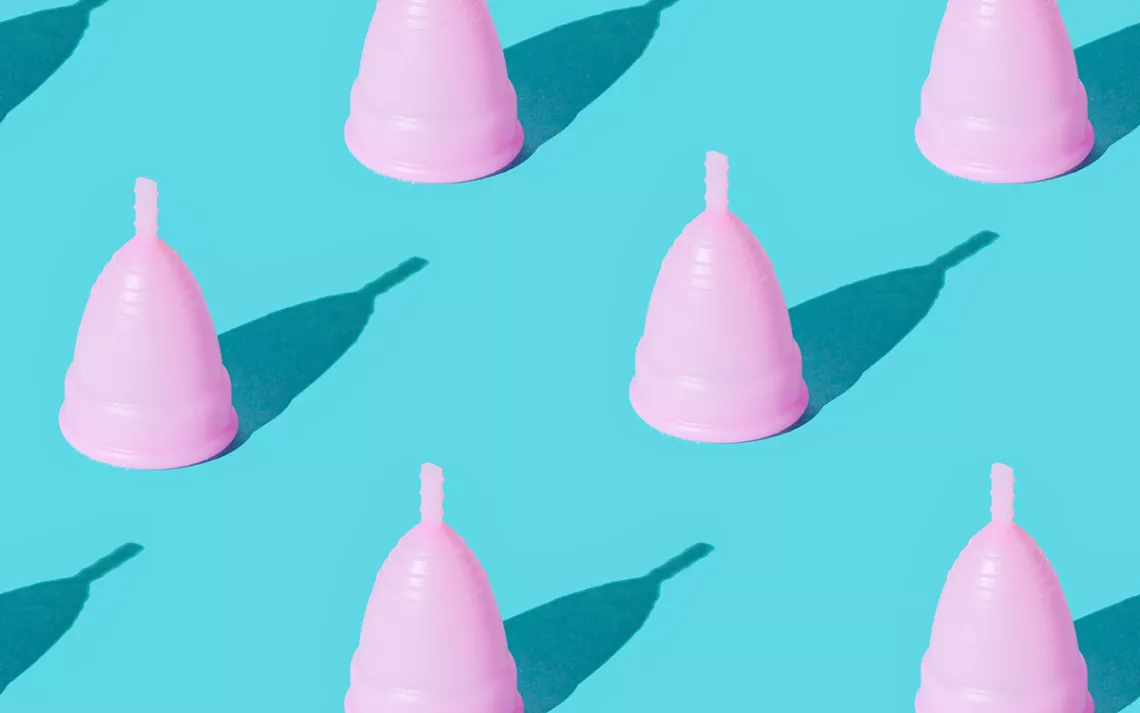Are Menstrual Cups a Green Option for Managing Your Period?
Here's what you need to know

Photo by ADragan/iStock
Hey Ms. Green,
I'm writing in response to your post on "green" options for managing periods. I was surprised that you didn't mention menstrual cups. My wife and two daughters love them. I believe they are better for people, and for the environment, than pads and tampons, as they are not made with harsh chemicals that can be absorbed into the body.
—Mark in San Jose, California
Many menstrual cups are manufactured with either thermoplastic elastomers (TPE) or silicones. Silicones (also called siloxanes) are generally considered safe, but when injected into humans, they've been linked to negative health impacts such as infections and strokes. Also, they are manufactured with chemical additives that are derived from fossil fuels.
There are menstrual cups made from natural rubber, though they might not be as earth- or people-friendly as you think. Global Witness found human rights violations in the natural-rubber industry. I couldn't find any cups that are certified compostable.
I contacted the only two companies I could find that make natural-rubber menstrual cups, asking them how sustainable their rubber harvesting and manufacturing is and whether their products are free of plastic packaging.
I was glad to hear from Jana Saure of Fair Squared. Saure told me that the rubber used for the company's period cups is from a plantation certified by the Forest Stewardship Council and the Fair Rubber Association. Fair Squared is still working on plastic-free packaging, but zero-waste stores sell the cups in an organic fair-trade cotton bag.
People might need to try a few before they find one they like. Maybe I'll use the huge, uncomfortable one I bought as a pocket kombucha goblet that tips over all the time.
 The Magazine of The Sierra Club
The Magazine of The Sierra Club



